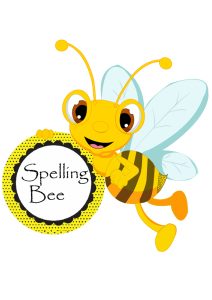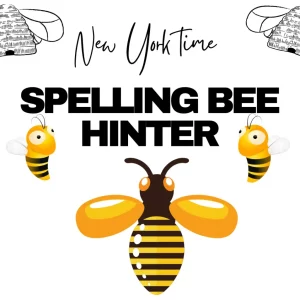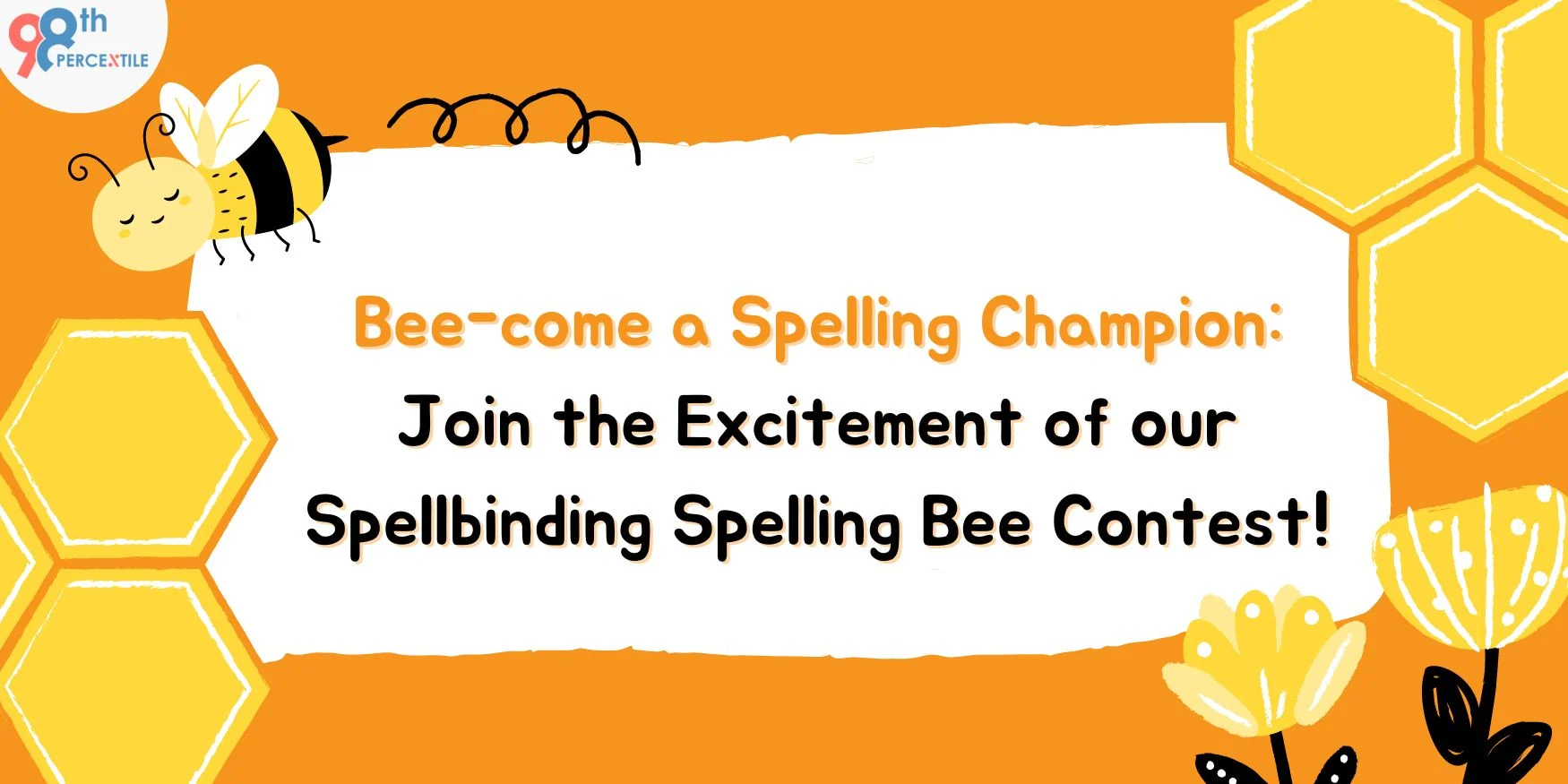Introduction
Spelling bees, those captivating competitions showcasing linguistic prowess, vary significantly across cultures and regions. While the essence remains the same—a test of spelling ability—diverse cultural and regional influences shape the format, rules, word selection, and participation dynamics. From the stringent rules of Scripps National Spelling Bee in the United States to India’s multilingual competitions, spelling bees offer a fascinating lens into the intricacies of language and cultural diversity.
Cultural Nuances and Linguistic Diversity
Scripps National Spelling Bee
In the United States, the Scripps National Spelling Bee stands as a hallmark event. The word selection process involves a vast repository of English words derived from multiple origins—Latin, Greek, German, French, and more. The competition’s lexicon reflects the linguistic amalgamation present in American English.
Multilingual Complexity
Conversely, India’s spelling bees highlight the country’s linguistic diversity. With over 22 officially recognized languages, competitions here often incorporate words from Hindi, Sanskrit, Tamil, Bengali, and other regional languages. This multilingual aspect sets Indian spelling bees apart, presenting unique challenges due to the plethora of language roots.

Europe: Embracing Linguistic Diversity
European spelling bees, while predominantly focused on their respective national languages, embrace multilingualism. Competitions may feature words from neighboring languages or include loanwords, reflecting the interconnectedness of European languages.
Stringency and Adaptability
Elegance and Tradition
In the UK, spelling competitions often carry an air of tradition. Rules tend to adhere closely to standardized British English, emphasizing the nuances of spelling within the language’s framework. Events such as the Times National Spelling Bee prioritize accuracy and elegance in spelling.
Nigeria: Flexible and Dynamic Rules
In contrast, Nigerian spelling bees exhibit a more flexible approach. They often adapt to accommodate the country’s rich linguistic landscape. Competitions may allow for variations in spelling within different dialects or local pronunciations, celebrating the diversity of Nigerian languages.
Participation Dynamics
Embracing Cultural Diversity
In the UAE, spelling bees serve as platforms to celebrate cultural diversity. Participants from various cultural backgrounds compete, showcasing their linguistic skills while highlighting the country’s multicultural fabric.
Academic Emphasis
In South Korea, spelling competitions are often integrated into academic settings. They align with the country’s strong focus on education, where students participate as part of their academic pursuits, aiming for linguistic excellence.

Conclusion
Spelling bees across cultures and regions encapsulate the beauty and complexity of language. While some emphasize linguistic elegance and tradition, others celebrate the rich diversity of languages, accommodating various dialects and languages within their competitions. These variations reflect not just linguistic differences but also cultural values, education systems, and societal norms. Exploring these differences offers a profound insight into how language and cultural diversity shape the way we celebrate and test our linguistic abilities through spelling bees.




